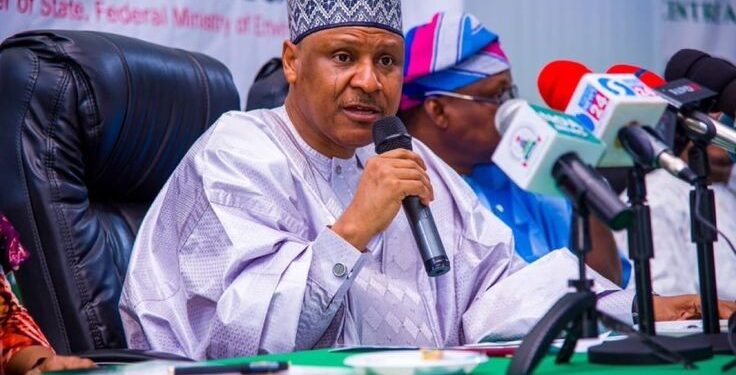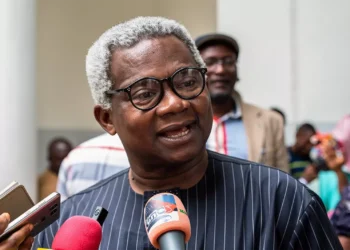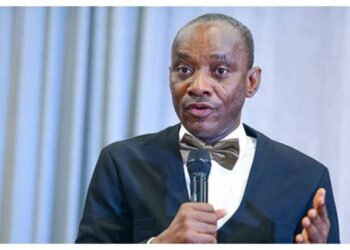A Nigeria First economic policy, which prioritises the use of locally produced goods and services in all government procurements, has been adopted by the Federal Executive Council (FEC).
President Tinubu’s goals of promoting industrialisation, shielding the economy from outside shocks, and increasing domestic production are all in line with the policy.
Following the FEC meeting in Abuja on Monday, Mohammed Idris, Nigeria’s Minister of Information and National Orientation, made this statement.
Mohammed stated that an executive order supporting the policy would be issued shortly.
The minister said while briefing correspondents at the State House that this policy means Nigeria comes first in all procurement processes; no foreign goods or devices that are already being produced locally will be procured without a clear and justified reason.
He added that the policy seeks to foster a new business culture that will be bold and confident but also very, very Nigerian. It aims at making the government invest in our people and our industries by changing how the government spends money, how we procure, and how we also build our economy,”
“Going forward, Nigerian industry will take precedence in all procurement processes. Where local supply falls short, contracts will be structured to build capacity domestically. Contractors will no longer serve as intermediaries sourcing foreign goods where local factories die.”
He claims that the strategy supports President Tinubu’s goals of promoting industrialisation, shielding the economy from outside shocks, and increasing domestic production.
In order to provide preference to local manufacturers and service providers, the FEC instructed the Bureau of Public Procurement (BPP) to update and implement new criteria.
He said, “The BPP has been immediately directed to revise and enforce procurement guidelines to prioritise locally made goods and homegrown solutions. It has also been directed to create what is called a local content compliance framework for all government procurements.”
“Number three, the BPP has also been directed to maintain a register of high-quality Nigerian manufacturers and service providers regularly engaged by the Federal Government. Number four, the BPP, has also been directed to deploy all procurement officers from the MDAs; all the procurement officers posted to MDAs will be reverted to the Bureau of Public Procurement as a line agency without jeopardising the possibility of efficiency,” the minister added.




































